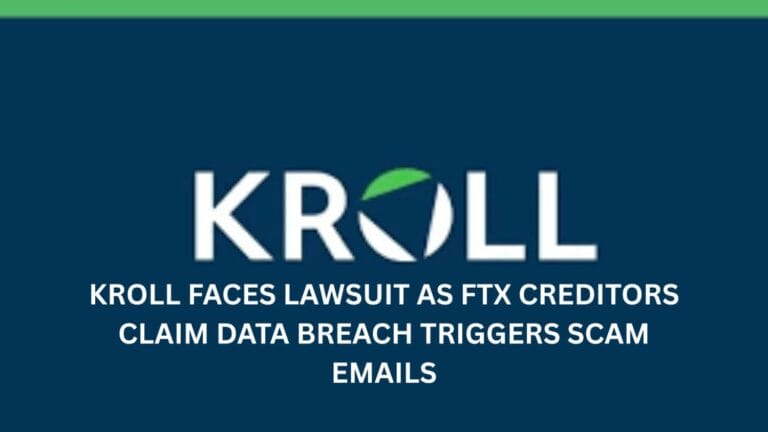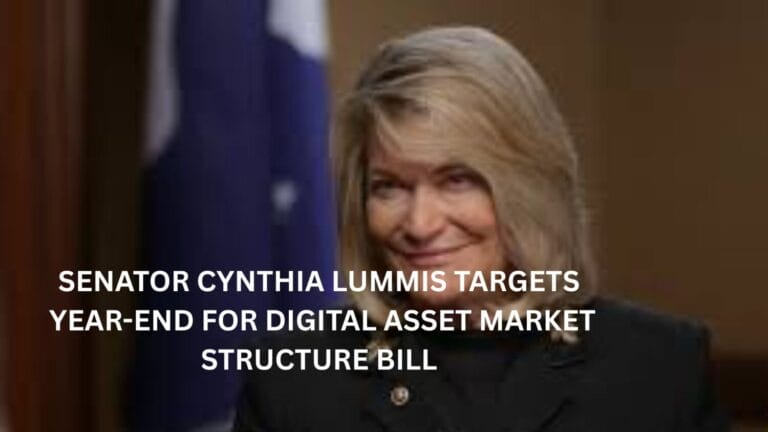Key Takeaways
- Announced in mid-July, the unit is tasked with integrating AI tools into market surveillance, fraud detection, and compliance monitoring
- The agency is placing particular emphasis on engaging with young companies—those less than two years old and employing ten or fewer staff—to ensure smaller players are part of the regulatory conversation.
The U.S. Securities and Exchange Commission will take its cryptocurrency policy discussions on the road this fall, as Commissioner Hester Peirce prepares to lead a 10-city tour designed to gather direct feedback from the industry.
The tour, running from August through December, will bring together developers, investors, and market operators for roundtable sessions in major U.S. cities. According to the SEC, the discussions will explore custody practices, tokenization models, decentralized finance protocols, and broader market structure questions.
The agency is placing particular emphasis on engaging with young companies—those less than two years old and employing ten or fewer staff—to ensure smaller players are part of the regulatory conversation.
The outreach effort coincides with the establishment of the SEC’s dedicated Crypto Task Force. Announced in mid-July, the unit is tasked with integrating AI tools into market surveillance, fraud detection, and compliance monitoring. Officials say the technology will enhance the SEC’s ability to detect market manipulation, identify illicit trading patterns, and respond more quickly to emerging risks in the digital asset sector.
In addition to its public tour, the task force will meet privately with enforcement partners, traditional financial institutions, and crypto-native firms to refine policy proposals. The SEC has indicated that these engagements will inform future guidance and potential rulemaking, particularly in areas where existing securities regulations do not cleanly apply to blockchain-based products.
The initiative comes against a backdrop of significant policy changes under the Trump administration. Since early 2025, the SEC has stepped back from several high-profile enforcement actions against major crypto platforms, signaling a willingness to work collaboratively with the industry.
At the same time, the White House has advanced a legislative agenda aimed at cementing the United States as a global hub for digital assets, including the recently signed GENIUS Act regulating stablecoins and their issuers.
Other federal regulators are also moving in step. The Federal Reserve recently removed “reputational risk” as a factor in banking supervision—a change widely seen as favorable to crypto firms—while the Office of the Comptroller of the Currency eased restrictions on banks providing digital asset services.
While the SEC has hosted stakeholder discussions in the past, the scale and structure of this tour suggest a more coordinated, nationwide effort. The agency has not disclosed the budget for the program, but officials maintain that the goal is to gather the broadest possible input before advancing new rules that could define the future of U.S. crypto regulation.










